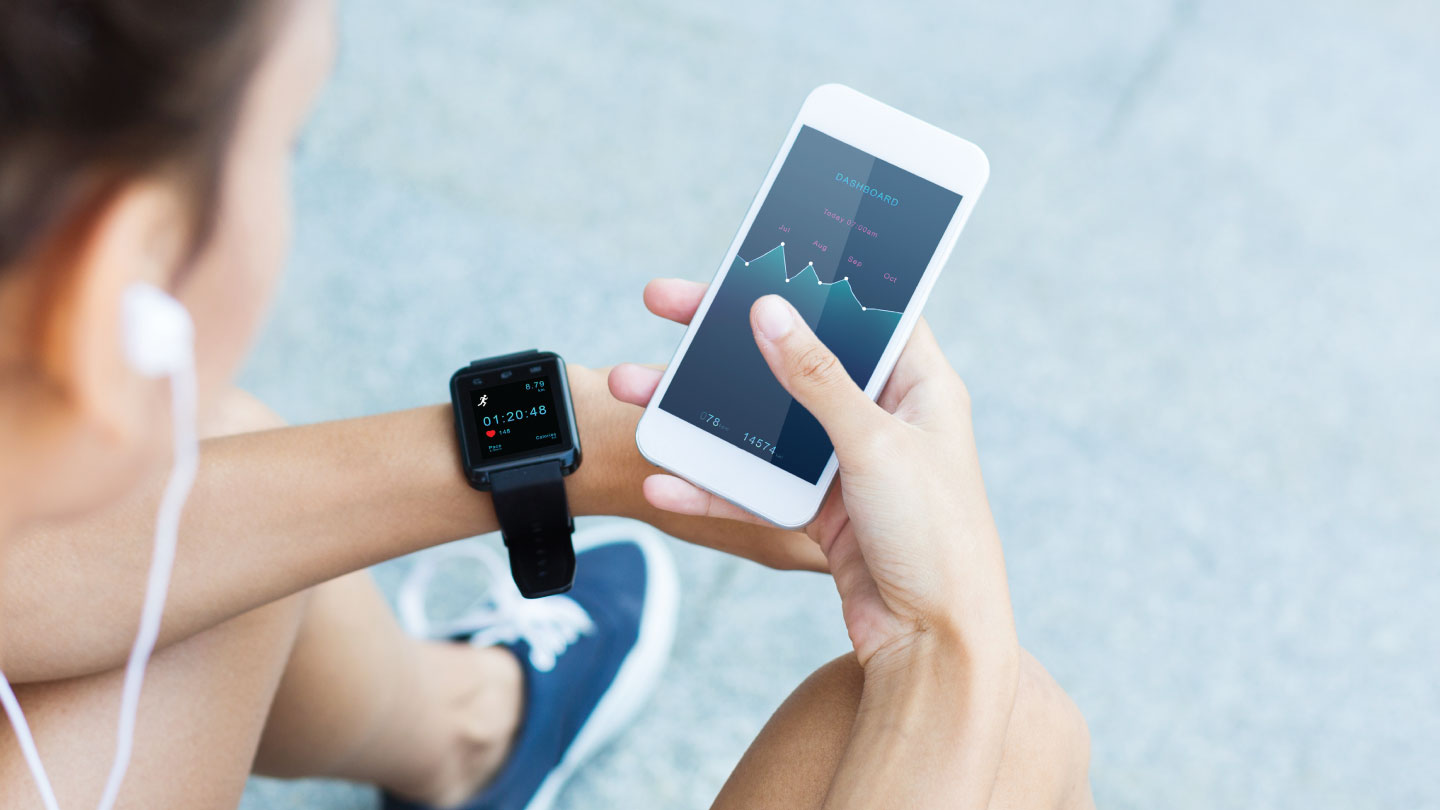Movement
Research-Backed Yoga Exercises for Better Breathing With Covid-19
Support your innate immunity and prep your body to improve lung function with yoga. Experts William C Bushell, Ph.D. and Eddie Stern, combine modern science with ancient tradition in their study. Here is their interview.
Tormented by the toll of Covid-19, William C Bushell, Ph.D, a pioneer in the field of yogic and medical research, asked a reasonable question—can yoga be used as a supportive tool in combatting Covid and other related diseases?

Stern and Dr Bushell hypothesise that an appropriate clinical-experimental study can demonstrate that the regimen of ‘yogic enhanced proning’, can act as a highly effective intervention in the insidiously dangerous process of ‘silent hypoxia’, which can lead to acute respiratory distress syndrome and death.
Furthermore, the duo is collecting an extensive range of direct and indirect scientific evidence to shape into a powerful scientific model; a model which compellingly suggests that certain practices of yoga do enhance the innate protective mechanisms of the body—such as increasing levels of pathogen-fighting substances like beta-defenins found in the saliva and mucosa, nitric oxide in nasal cavities.
Want to understand better? Watch our exclusive video where our expert Eddie Stern talks about the idea of yogic enhanced proning. Also, he covers different asanas including Brahma Mudra, Trikonasana, Pointing Dog, Half Makarasana and others.

In conversation with the expert Eddie Stern…
How does practicing yoga and breathing meditation strengthen sensory health?
The sense organs are the pathways that carry information from the outside world to our brains. Like all information pathways, they can become inefficient when overwhelmed if there is too much of demand. If you imagine a website that has too many people logging on at the same time, it will crash. That’s similar to what happens when we have a huge amount of demand on any of our sensory organs. Yoga and breathing meditation slow down the demand by turning our awareness to inner the process and observing it rather than keeping our awareness wrapped up in the information itself.
- How does proning help in improving the oxygen level? Can you explain the science behind it?
Proning exposes the lungs in the back portion of the body to oxygen and gas exchange. We have a greater surface area of lung tissue in the back of the body than we do in the front, and when the lungs begin to fill with fluid, as can happen in Covid, gravity will begin to work against a person who remains on their back for too long. Turning a person onto their abdomen will help release fluid from the air sacs and allow the back lungs to have a great chance of gas exchange, thus raising the oxygen levels. Perhaps most importantly, when lying on your back, there is the extra weight of the heart and liver pressing on the lungs; when you turn to a prone position, that pressure is relieved.
- What are some yogic practices that can potentially be used to intervene in critical phases of the CovidD-19?
It has yet to be conclusively proven that there are any yogic practices that can intervene is extreme cases of Covid to the best of our knowledge, at least partially because the pandemic is still too new to allow for fully executed clinical-experimental studies to have been completed.
- What do you want to achieve with your research?
It is important to us that in our research we propose every yogic mechanism that we can find which could potentially be useful, based on both published, evidence based best practices, and indications given in Yogic texts and traditional teachings. If we can give a sound reasoning why these practices could be supportive in combatting COVID and other related diseases, it can encourage further study and research, collaboration, exploration, and provide a low-cost (or free) and easy access way for people to independently support their healing process.
- What are the things one should keep in mind while performing these yoga postures shared by you?
1. Your breathing should not be more labored than it is in your current condition.
2. You should not have bodily discomfort during any of the positions.
3. You should feel that the pose you are in is restful and healing. If it is, then it will usually work better.
- Can pregnant women do these yogas?
Pregnant women can do these asanas under proper—including medical—guidance. Depending on the stage of pregnancy, the support of pillows will increase. Lying prone without the support of pillow while pregnant, for example, is not a good idea and will not be safe or comfortable for the mother or baby.
- How has been the reception of doctors towards proning and the other yogas that you suggest for Covid-19?
The reception of doctors to proning and yoga and has been exceptional, because it is the doctors themselves who have first suggested it! Our work, and the work of others in this field, has simply been to take that information and see what can be done to enhance its effectiveness, access, and promotion. This is a large part of what science is.
EXPLORE MORE
Instead of chasing long workouts, micro-movement shifts the focus from “Did I work out today?” to “Did I move often enough today?”
Pressed for time but craving results? These high-impact exercises burn maximum calories in minimum time, when done right.
Simple, practical fitness advice to help you feel stronger, healthier, and more consistent in 2026.
Callisthenics isn’t about flashy Instagram moves or avoiding the gym. According to celebrity fitness and lifestyle coach Krishna Sadvale, it’s one of the most practical ways to build strength, control, and confidence in your own body.






.jpg)

.jpg)
.jpg)
